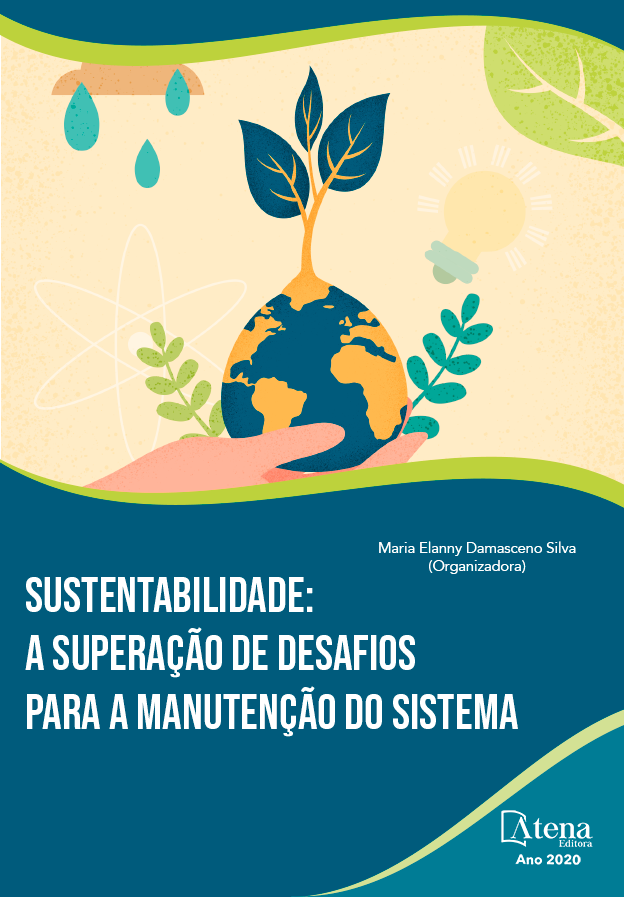
UM SISTEMA EM COLAPSO? DIFICULDADES DOS SISTEMAS DE LICENCIAMENTO AMBIENTAL DOS ESTADOS BRASILEIROS
O licenciamento ambiental se tornou o instrumento da política ambiental brasileira mais utilizado pela União, estados, distrito federal e municípios, sendo os órgãos estaduais os principais licenciadores do país. A sua disseminação foi acompanhada, sobremaneira na última década, por críticas e oposições diversas, revelando importantes falhas e o caráter complexo, conflituoso e controverso desse instrumento. Neste artigo, sistematizamos e analisamos as dificuldades encontradas pelos Sistemas de Licenciamento Ambiental estaduais, a partir de dados extraídos de um levantamento realizado pelo Ministério do Meio Ambiente em 2016. Para apurar essas dificuldades na totalidade, por estado e por região, adotamos uma abordagem quantitativa, descritiva e documental. Os resultados, corroborados por outros estudos, apontam para uma parte expressiva de estados enfrentando dificuldades críticas em seus sistemas de licenciamento, sobretudo àquelas relacionadas à suficiência e à qualificação do corpo técnico. Apesar de diferenças importantes na distribuição das dificuldades entre os estados e regiões, é possível cogitar o colapso desses sistemas em muitos estados. Em alguns casos é possível aventar a hipótese de uma “homogeneização regressiva”, ou um nivelamento por baixo, entre sistemas mais antigos e aqueles em processo de estruturação. O quadro geral apresentado remete à necessidade de uma profunda e urgente reforma dos SLA. O caráter técnico e, principalmente, político, do licenciamento, bem como a sua centralidade na política ambiental brasileira, exigem um amplo debate e participação nesse processo de reformulação, sob o risco de se exacerbar ainda mais a degradação e as injustiças socioambientais no país.
UM SISTEMA EM COLAPSO? DIFICULDADES DOS SISTEMAS DE LICENCIAMENTO AMBIENTAL DOS ESTADOS BRASILEIROS
-
DOI: 10.22533/at.ed.0852030097
-
Palavras-chave: Licenciamento ambiental; dificuldades; estados; política ambiental; Brasil.
-
Keywords: Environmental licensing; difficulties; states; environmental policy; Brazil.
-
Abstract:
Environmental licensing has become the Brazilian environmental policy instrument most used by Union, states, federal district and municipalities, with state agencies being the country's main licensors. Its dissemination was accompanied, especially in last decade, by several criticisms and objections, revealing important flaws and complex, conflicting and controversial character of this instrument. In this article, we systematize and analyze the difficulties encountered by the State Environmental Licensing Systems, based on data extracted from a survey carried out by the Ministry of the Environment in 2016. To ascertain these difficulties in full, by state and by region, we adopted a quantitative, descriptive and documentar approach. The results, corroborated by other studies, point to a significant number of states facing critical difficulties in their licensing systems, especially those related to adequacy and qualification of technical staff. Despite important differences in distribution of difficulties between states and regions, it is possible to consider the collapse of these systems in many states. In some cases, it is possible to suggest the hypothesis of a “regressive homogenization”, or a levelling down, between older systems and those in process of structuring. The overall picture presented concerns need for a deep and urgent reform of SLA. Technical and, mainly, political character of licensing, as well as its centrality in Brazilian environmental policy, requires a wide debate and participation in this reformulation process, at the risk of further exacerbating degradation and socio-environmental injustices in the country.
-
Número de páginas: 15
- benilson borinelli
- Beatriz Fernanda da Silva Corado
- Rodrigo Libanez Melan
- nicole cerci mostagi


